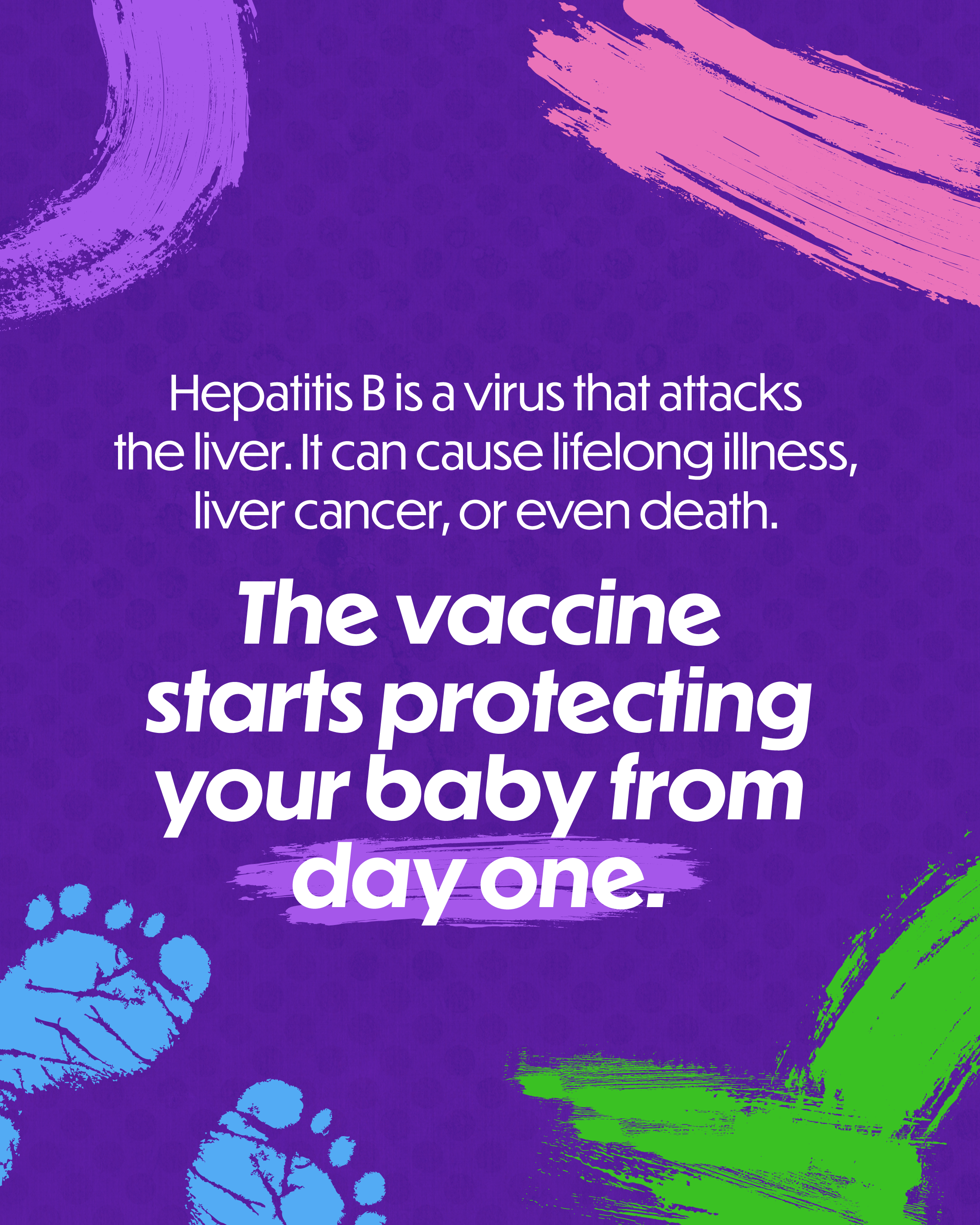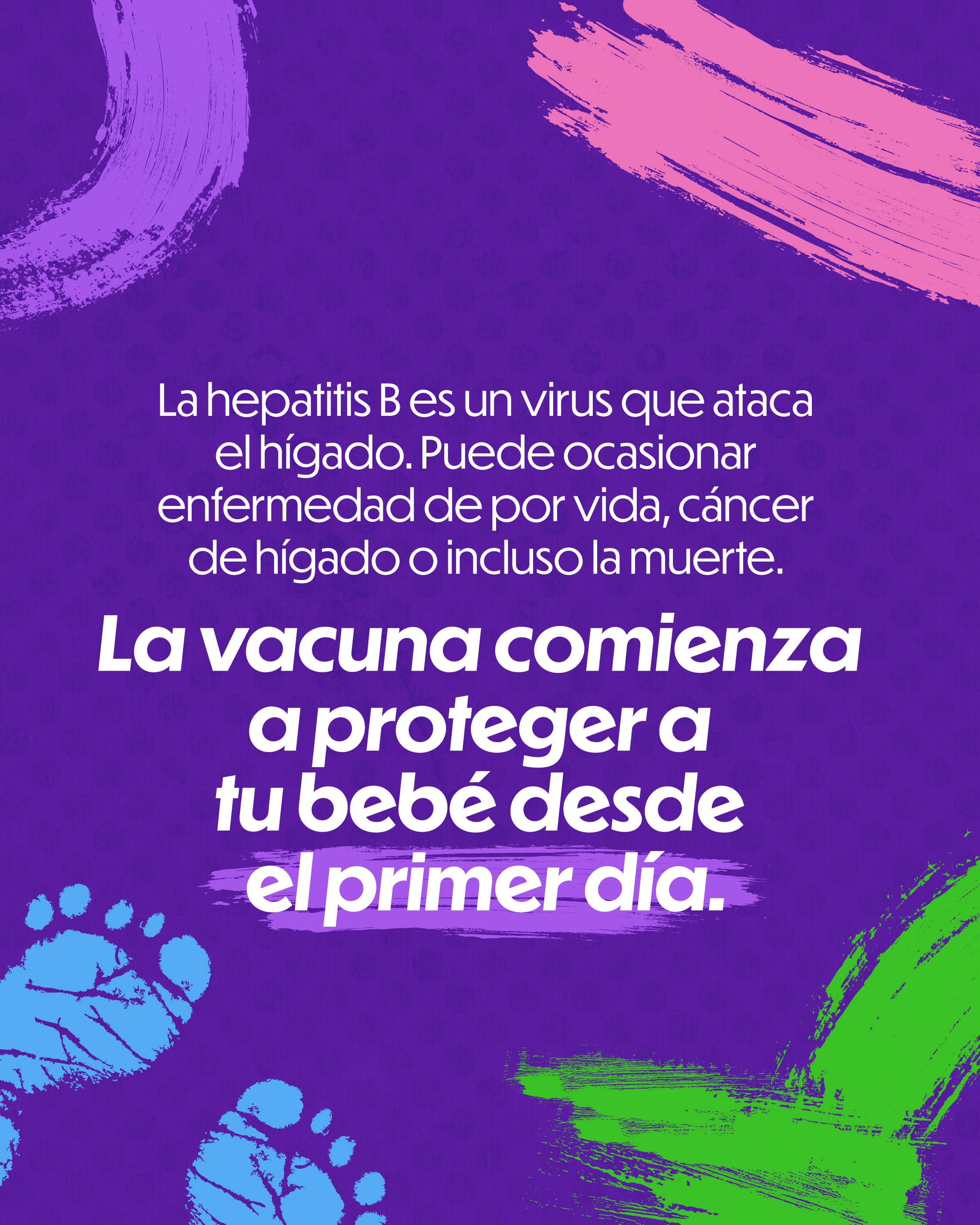False claims about vaccine ingredients spread online
This month, the HHS secretary’s promotion of false and misleading claims about childhood vaccine safety sparked weeks of online debate. In a viral social media post on June 24, the day before CDC vaccine advisors met, Robert F. Kennedy Jr. misrepresented several studies to claim that thimerosal—an ingredient that hasn’t been in any childhood vaccine in over two decades—is “toxic.” His hand-picked panel of vaccine advisors, which includes several well-known anti-vaccine figures, voted not to recommend flu vaccines containing thimerosal despite decades of evidence showing the ingredient to be safe. Days earlier, news broke that Kennedy plans to “review” all vaccines containing aluminum salts, which have been used in vaccines for nearly a century. The news fueled a spike in online conversations about the safety of vaccine ingredients. Finally, Kennedy falsely alleged in a June 30 interview that hepatitis B vaccination is linked to autism, reigniting a decades-old anti-vaccine myth.
For even more resources, check out the menu above for real-time insights, training resources, and more. Specifically curated for people working in health care and public health, these links provide actionable content to help navigate today’s information landscape.
Trending narratives from the past month
ACIP meeting fuels myths about thimerosal in vaccines
The June 25 meeting of the CDC’s overhauled Advisory Committee on Immunization Practices fueled weeks of online debate about the vaccine ingredient thimerosal. A former head of an anti-vaccine organization gave a presentation about thimerosal in flu vaccines, which drew harsh criticism, including from another ACIP member. The presentation reportedly referenced a study that does not exist, in line with HHS’s recent trend of citing nonexistent research. A day before the meeting, Kennedy published a long social media post falsely claiming that thimerosal is unsafe, citing outdated and irrelevant studies about methylmercury, a different substance that is not present in any vaccine. Many responses corrected Kennedy, noting that thimerosal contains ethylmercury, a form of mercury which decades of research have shown is harmless in the small doses present in vaccines. Some online users expressed concern that HHS may be laying the groundwork to restrict access to or ban certain vaccines, a fear that was seemingly validated by ACIP’s decision not to recommend thimerosal-containing flu vaccines. Read the fact checks here and here.
Online posts debate the safety of aluminum-containing vaccines
Fueled by anti-vaccine social media accounts, online conversations over the last month highlight ongoing concern about vaccine ingredients. Following Kennedy’s reported plan to “review” all vaccines containing aluminum, myths about the ingredient in vaccines began gaining traction online. One popular post suggested that “hidden documents” prove aluminum in vaccines is harmful, with commenters urging parents to follow “alternative” vaccination schedules. Some users repeated the myth that aluminum is linked to autism, despite new evidence showing no link between the ingredient and childhood health conditions like autism and asthma. Several social media posts falsely claim that aluminum in vaccines is “poisonous” and poorly studied, while others demand that vaccine manufacturers be “held accountable.” Read the fact checks here and here.
HHS secretary falsely links hepatitis B vaccines to autism
Kennedy falsely claimed in a June 30 interview that hepatitis B vaccination is associated with a dramatic increase in autism risk. The claim added to a recent rise in myths about the vaccine on social media. In the interview, Kennedy claimed that the CDC “manipulated” data showing a higher autism rate among children who were vaccinated at birth. This long-debunked myth has circulated for decades, promoted by Kennedy and other anti-vaccine figures. The basis of the myth is an abstract of early, unverified data presented by the CDC at a 2000 conference showing a “slight, but not significant” increase in autism following exposure to vaccines containing thimerosal. The researchers emphasized that the results were preliminary and required further investigation. Three years after the conference, the full study was published in a peer-reviewed journal, showing no link between thimerosal-containing vaccines and autism or ADHD. Despite this, viral videos suggested that the anti-vaccine movement was “right all along,” and parents in online forums expressed concern that the hepatitis B vaccine and other childhood vaccines (which haven’t contained thimerosal in over 20 years) are unsafe for infants. Read the fact checks here and here.
What you might say in respons
Thimerosal makes vaccines safer by preventing contamination. Decades of research show it to be completely safe in vaccines.
- The anti-vaccine movement spent decades spreading the myth that thimerosal in vaccines causes developmental disorders like autism. Extensive research since the 1990s has found no safety concerns associated with thimerosal. Many countries worldwide use thimerosal-containing vaccines with no safety issues.
- Thimerosal is a preservative that prevents contamination in vaccines. It contains ethylmercury, a form of mercury that is safe for humans in small doses. All vaccine ingredients are thoroughly tested for safety and added to make vaccines safe and more effective.
- The U.S. removed thimerosal from all routine childhood vaccines in 2001 as a precautionary measure. Today, only a small percentage of flu vaccines and the combination tetanus and diphtheria vaccine used for people over age 6 contain thimerosal, with roughly the same amount of mercury as a can of tuna.
Aluminum in vaccines is safe and has been used to boost vaccine effectiveness for decades.
- Adjuvants are vaccine ingredients that boost your body’s immune response to the vaccine, allowing for a smaller dose.
- Aluminum has been used to enhance vaccine effectiveness for almost as long as modern vaccines have existed.
- While aluminum can be toxic in very high doses, small amounts are harmless and occur naturally in soil, water, and food. Humans get far more aluminum from their daily diet than from vaccines.
- Research consistently shows that aluminum in vaccines is safe. One recent study followed over a million children for 24 years, finding that aluminum-containing vaccines were not linked to any childhood health concerns, including autism, asthma, allergies, and ADHD.
The hepatitis B vaccine provides safe, lifelong protection against a potentially deadly infection.
- Hepatitis B is an infection that can cause liver damage, liver cancer, and even death. The virus can be passed to babies during birth or from infected adults at home—even if they don’t have any symptoms. Most people with hepatitis B don’t know they have the infection.
- Vaccines protect your baby from day one, which is why all newborns should get vaccinated within 24 hours of birth. The vaccine is 95 percent effective and provides lifelong protection.
- Hepatitis B vaccines have been in use since the 1980s, with no evidence of safety concerns. The vaccine has a very low risk of serious side effects.
- Hepatitis B vaccines do not contain thimerosal, a vaccine ingredient that prevents contamination. Additionally, no credible research has ever found a link between thimerosal and autism.
What we’re reading
- AAP: How pediatricians can teach parents to recognize, resist vaccine misinformation
- Harvard University: Poll: Amid multi-state measles outbreak, 79% of Americans support routine childhood vaccine requirements
- Infection Control Today: Targeting Uncertainty: Why Pregnancy May Be the Best Time to Build Vaccine Confidence
- Medscape: How To Talk Vaccines With Skeptics: 5 Tips From a Doctor
- Unbiased Science: Seven Things We Learned from People Who Changed Their View on Vaccines
The Common Health Coalition recently launched the 2-4-2 Digest, a weekly snapshot that provides four key insights for health leaders and can be read in two minutes or with two swipes on your phone. Sign up for the next weekly edition.
Studies and trainings
- Humanities and Social Sciences Communications: Conspiracism and government distrust predict COVID-19 vaccine refusal
- PAHO: Combating false information on vaccines: A guide for health workers
Sign up for the Trusted Messenger Program, a comprehensive series of online or in-person trainings, resources, models, and workshops that help health care providers develop the skill they use most and that is most critical to their success: communication.
Interested in learning more about how to debunk false claims with patients? Check out the new Infodemiology Training Program. In videos that range from 5 to 10 minutes each, the program introduces health care providers to the basics of infodemiology and provides you with actionable skills to help improve patient care. Get started today.
Quick response media assets
Below, we've provided a social media asset in English and Spanish. Use these assets on social media to fight false claims and help provide your network with accurate information. Just right-click the asset, or press and hold on mobile, to download.

Proposed social copy:
The hepatitis B vaccine is safe and protects your baby from day one. Make sure they get their first dose within 24 hours of birth.

Publicación propuesta:
La vacuna contra la hepatitis B es segura y comienza a proteger a tu bebé desde el primer día. Asegúrate de que obtengan su primera dosis en las primeras 24 horas desde el nacimiento.
The Health Care Infodemiology Brief is brought to you by PGP, the health care leadership of the Trusted Messenger Program, and Infodemiology.com’s sponsors and partners.
